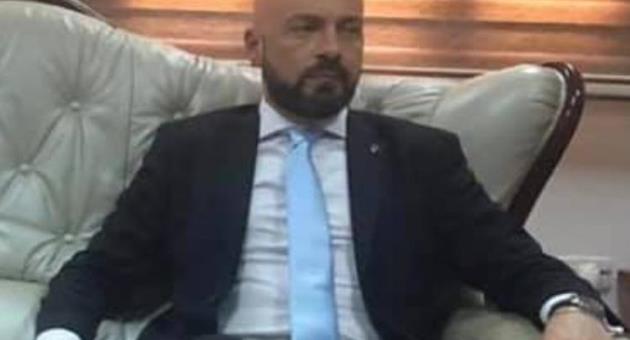
The government still needs to come clean about Neville Gafà
Yesterday’s testimony at the inquiry into the killing of Daphne Caruana Galizia opens up fresh questions which the government must answer.
For the first time ever Neville Gafà gave what he claimed was a sincere account of his function in government, at least over the least two years or so.
He admitted that the claim of going for “holidays” to war-torn Tripoli, there meeting senior government officials and “stumbling on” warlords blacklisted for war crimes and human rights abuses by the United Nations was bogus. His cover, such as it was, is blown.
Instead, under oath, he declared yesterday that he was in Libya on humanitarian missions to coordinate between Malta’s military services and border control and Libya’s coast guard to prevent the drowning of migrants at sea.
Neville Gafà was characteristically vague about what form this coordination took. But he did say categorically this was not “pushing back” of migrants. What that probably means is that his “co-ordination” did not involve the handing over of migrants who had entered Maltese waters or Malta’s search and rescue zone over to the Libyan authorities.
If that is indeed what he is claiming never happened (pushing back of migrants from our own areas of responsibility) what is left is some form of exchange of information that helped the Libyan coast guard to fish out of water migrants that were still in their area of responsibility.
This opens a whole host of questions.
Firstly, if this was a mere exchange of information why has there been such secrecy so far? Secret treaties are the way states conducted international relations up to the 19th century. In today’s world this sort of thing is rare and frankly a betrayal of the multilateral community. If we’re making secret deals with Libya we are betraying the trust of Italy, France, Tunisia and so on. Why did this happen in this case?
Secondly, why and how would Maltese authorities be better informed about the location of migrants at sea in Libyan and international waters than the Libyans themselves?
Thirdly, was there a quid pro quo with the Libyan authorities that shook the hands of Neville Gafà by way of compensation for their efforts to prevent migrants from entering waters in Malta’s responsibility? Did we pay them in any other way?
Fourthly, why was it necessary for a “person of trust” without any military or diplomatic training to be dispatched to negotiate with the Libyan authorities on military and diplomatic matters? Was the army consulted and briefed on these trips and the content of these discussions? Were the immigration authorities? Was the foreign office? Were our European partners briefed on the “deal” Neville Gafà was striking with a neighbouring third country?
I do not buy the claim that Neville Gafà is a more suitable envoy for Malta to Libya because he’s Muslim. If Muslims only dealt with Muslims they would not go far. This is a simplistic explanation that relies on banal ignorance of international affairs to be believed.
Fifthly, how did Neville Gafà know Haytam al Tajouri who is not an official of the Libyan government? Have arrangements been made with al Tajouri for the use of the prisons he runs for migrants captured as a result of the “deal” Neville Gafà has secured?
In other words, has Malta been an accomplice in illegal arrests, torture, slavery and human rights abuses? Is it still in accomplice in this?
Is the prime minister – the present one, Robert Abela – aware of the “deal” Neville Gafà secured with Libya? Now that the secrecy is blown, can the prime minister inform the public of what this “deal” amounts to? Is it still in place?
Of course, there remains the possibility that there is no such deal and Neville Gafà was lying under oath. But giving him the undeserved grace of believing him now turns the pressure on the government that no longer employs him.